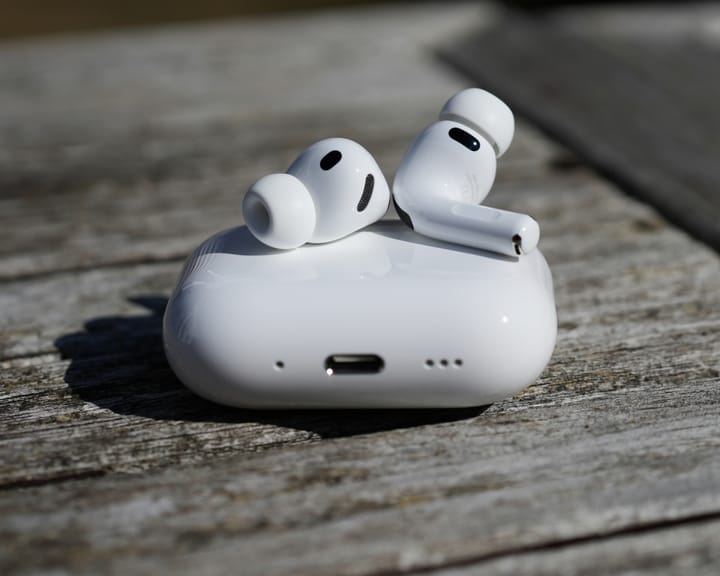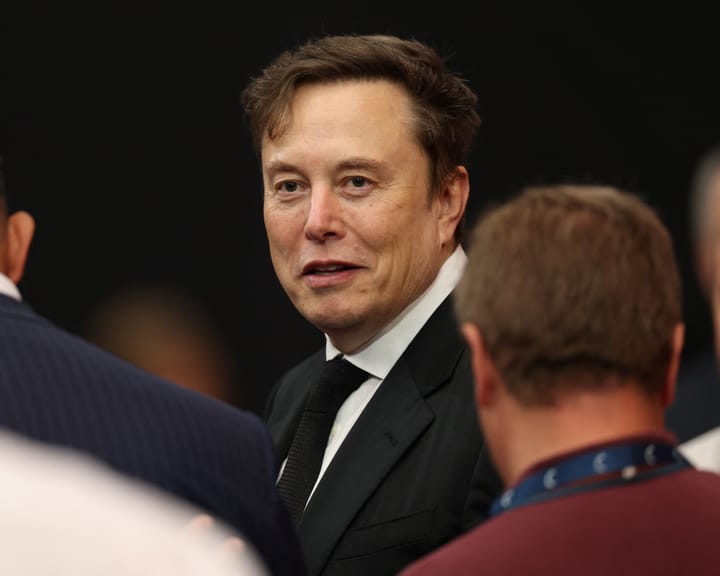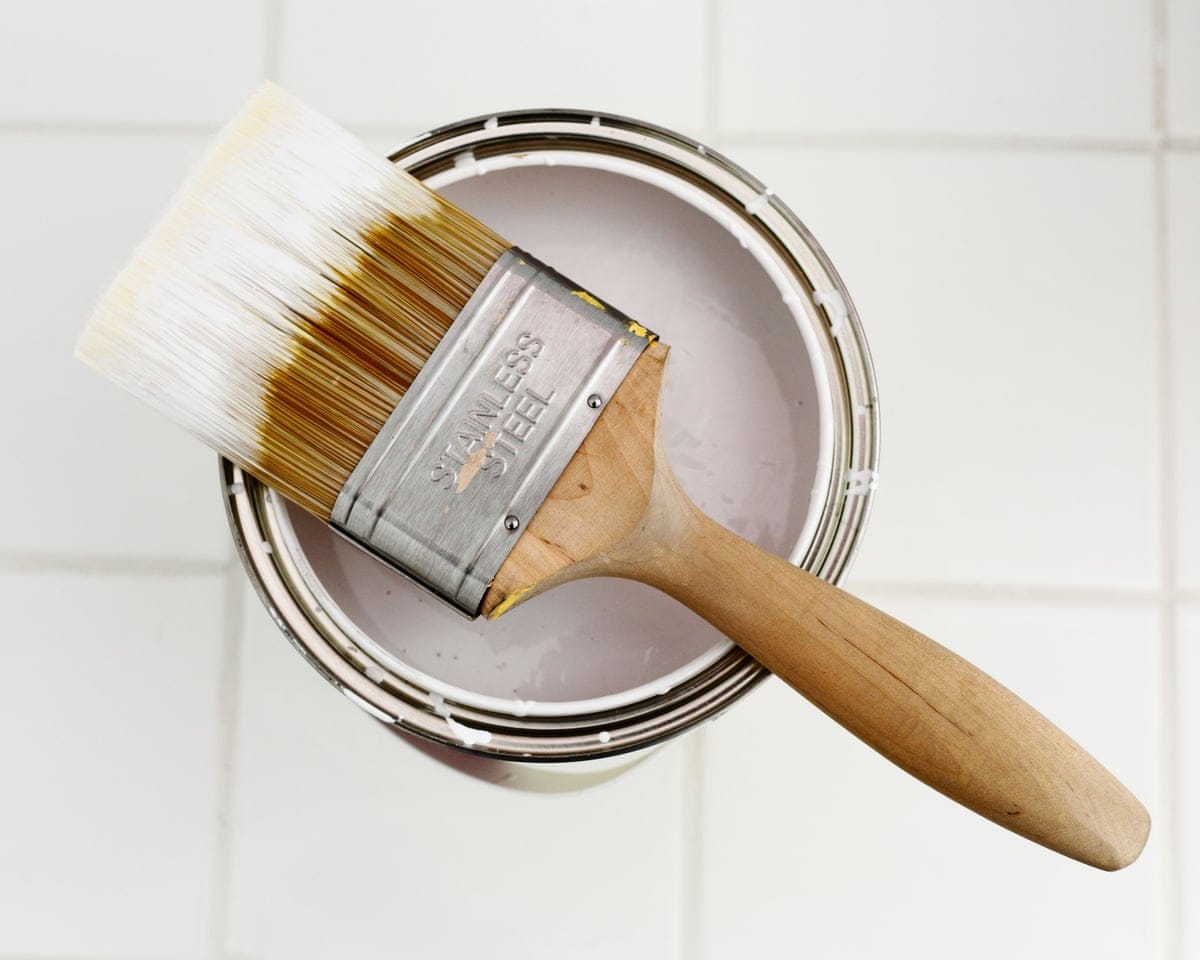AI-Developed Paint Could Help Cool Cities and Lower Energy Use, Study Finds
Researchers have found that a new type of paint, designed using artificial intelligence, may help reduce excessive urban heat and lower the need for air conditioning in cities.
Experts in material science developed coatings that can keep buildings between 5°C and 20°C cooler than conventional paint when exposed to direct sunlight. These coatings could also be used on vehicles, trains, electrical equipment, and other structures that require cooling as global temperatures rise.
According to a study published in the journal *Nature*, scientists from institutions in the US, China, Singapore, and Sweden used machine learning to create paint formulations optimized to reflect sunlight and emit heat efficiently. This approach is part of a wider trend in which AI is speeding up scientific discovery by surpassing traditional experimental methods.
In a separate case last year, a UK-based company, MatNex, employed AI to develop a new permanent magnet for electric vehicle motors, eliminating the need for rare earth metals, which entail carbon-heavy mining processes. Elsewhere, tech firms have introduced AI tools to assist in designing novel materials, including crystalline structures used in solar panels and medical devices. Similar efforts are underway to improve carbon capture and battery efficiency.
The paint study involved researchers from the University of Texas at Austin, Shanghai Jiao Tong University, the National University of Singapore, and Umeå University in Sweden. Their analysis showed that coating the roof of a four-story building with one of the AI-designed paints could save up to 15,800 kilowatts of electricity annually in hot climates like Rio de Janeiro or Bangkok. Scaling this to 1,000 buildings could provide enough energy savings to power over 10,000 air conditioning units for a year.
Yuebing Zheng, a professor at the University of Texas and co-leader of the research, stated: “Our machine learning system marks a major advancement in thermal material design. By automating the process, we can explore new possibilities and achieve performance levels that were previously out of reach.”
He added that AI allows researchers to develop materials in days rather than the weeks or months required by conventional methods. Previously unforeseen compositions can now be tested based on computational predictions, avoiding lengthy trial-and-error phases.
“With machine learning, we follow its guidance on material selection and structure. This means fewer rounds of physical testing and faster results,” Zheng explained.
Alex Ganose, a chemistry lecturer at Imperial College London who also works on AI-assisted material design, noted the rapid progress in this field: “The pace of innovation is remarkable. Recently, numerous startups have been exploring generative AI for material science applications.”
Read next

"AirPods Pro 3 reviewed: Upgraded battery, superior noise cancellation, top-tier performance"
Apple’s widely used AirPods Pro wireless earbuds have returned for their third iteration, offering improvements in comfort, battery performance, integrated heart rate tracking, and enhanced noise cancellation. The new model appears poised to be as prevalent as earlier versions.
Three years have passed since the previous release, yet the

"Peter Thiel's secret talks on antichrist shed more light on him than doomsday"
Peter Thiel’s Unusual Academic Pursuits
Peter Thiel is known for his skepticism toward academia. Yet, in four recent private lectures in San Francisco discussing the antichrist, the billionaire investor has made an unexpected case for intellectual credentials.
During these wide-ranging talks, Thiel appeared to channel the eclectic thinking he

"X resolves $128M severance dispute with former Twitter executives"
# Elon Musk and X Reach Settlement with Former Twitter Executives Over Severance Dispute
Elon Musk and X have resolved a legal dispute with four former high-ranking executives of Twitter, including the company’s ex-CEO, who alleged that the billionaire withheld $128 million in severance payments after acquiring the social media

